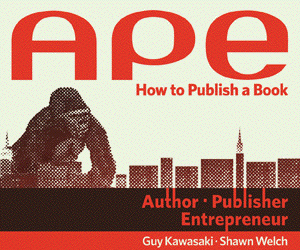A 13th century copy of the declaration of human rights known as the Magna Carta Libertatum, the Latin for “Great Charter of Freedoms”, was auctioned on December 18 at Sotheby's in New York for US$21.3-million including auction house's commission.
Considered as a foundation of modern democracy, the Magna Carta was the first document that enshrined the rights of the people. It is regarded as the birth certificate of freedom. The Magna Carta was originally issued in 1215, but the sold copy dated 1297, which bears the seal of King Edward I, was the version that became part of the English Law. It is one of 17 known copies of the historic tract and one of two that exist outside Great Britain.
Expected to draw bids of more than US$30-million, the old but durable parchment was bought by an American investor, David Rubenstein. Prior to the bidding, the document belonged to Texas billionaire H. Ross Perot's Perot Foundation which it fetched for US$1.5-million in the early 80's from an affluent British family.
The Magna Carta came into existence when a group of English barons demanded that King John affix his seal to a list of protections at Runnymede in 1215. Those edicts were not fulfilled, but subsequent versions of the document followed for the next 80 years, until 1297, when it was codified into law.
The reason gave by Rubenstein, the founder of private investment firm The Carlyle Group, to the media on why he had decided to bought the document is that because he was determined to see the document remain in the US.
"It's a good day for our country," said Rubenstein after buying the document. "I was determined to do what I could to see that the National Archives can continue to display this", he added.
















No comments:
Post a Comment